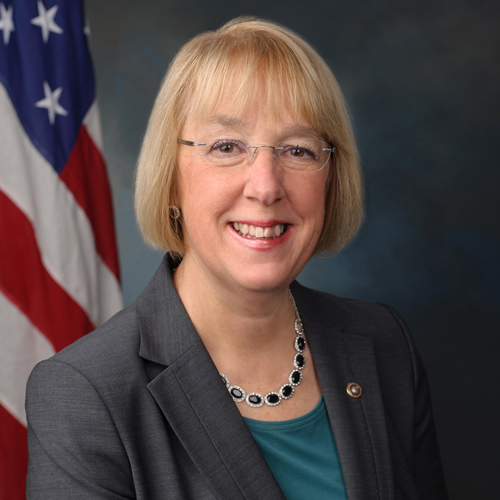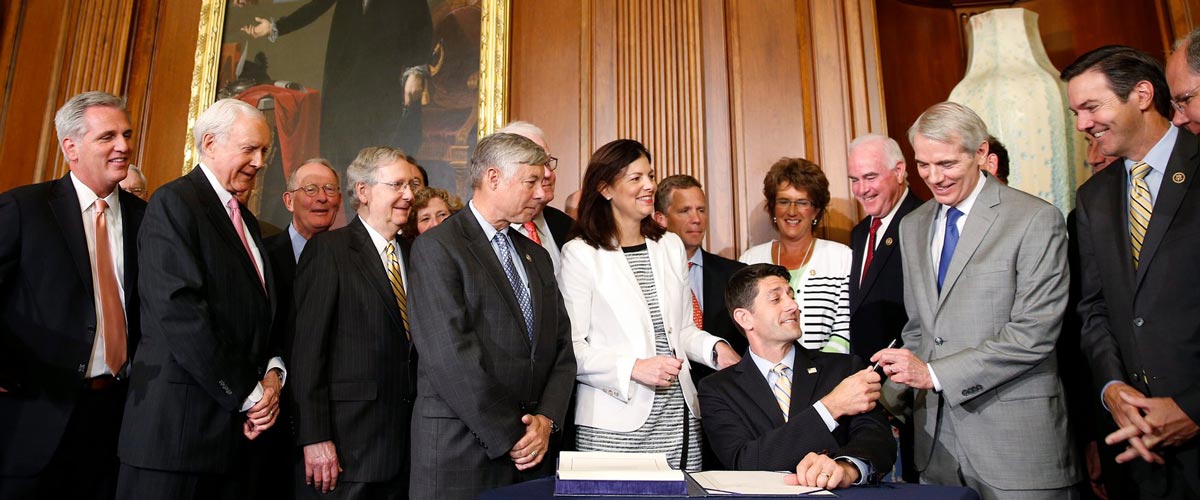Congress has passed a new bill that will address addiction as a health problem and change the way health care workers deal with opioid addiction.
The measure finally got its seal of approval last week Wednesday when the Senate overwhelmingly approved. The house had previously approved the bill and it is now on its way for the President to sign. According to NPR, President Obama had originally asked for $1.1 billion to be put into more addiction treatment centers, but the approved bill includes about half that.
Related: This Week In TED: The Opposite of Addiction is Connection
The bill, called the Comprehensive Addiction and Recovery Act of 2016, was first introduced in February of 2015. This came just after 2014 became the year in which deaths from overdoses on prescription medication reached their highest levels in the 21st century — over 25,000 deaths nationally. According to the summary of the bill, last year’s deaths related to heroin and opiod addiction had surpassed deaths from car accidents.
The measures of the bill include many provisions which include: creating a task force to study how best to treat pain and encouraging states to create prescription drug monitoring programs.
We spoke with Joy Chudzynski, PsyD at the UCLA Center for Behavioral and Addiction Medicine about what changes this bill will bring about.
“I am very encouraged about the passing of this bill,” Chudzynski said. “It helps to remove the stigma of addiction and aid people in getting the treatment they so desperately need. For decades, addiction has been considered a “moral failing” and an issue of will power.”
Chudzynski went on to explain that much research has provided evidence that addiction to substances of abuse is a mental disease which changes the structure and function of the brain. Former member of the House and relative to John F. Kennedy, Patrick Kennedy, has been a long time advocate for placing mental illness under the umbrella of health insurance. He too was known for suffering from addiction.
“This bill helps the movement towards acceptance by the government, the health care system, first responders and eventually the public to think of addiction as a chronic, relapsing disease (i.e., a health problem like diabetes, high blood pressure, or heart disease) that needs ongoing treatment,” Chudzynski said.
Along with funding research into best possible treatments, the bill includes provisions that will allow police departments to send people with addiction problems to treatment rather than to jail. It also opens the door to expanded access to a drug called naloxone which can reverse an opioid overdose.
 While this bill is seen as a step in the right direction to save many lives, some argue that it is not nearly enough. According to NPR, Sen. Patty Murray, D-Washington, said this in a statement after the House and Senate provided the final bill:
While this bill is seen as a step in the right direction to save many lives, some argue that it is not nearly enough. According to NPR, Sen. Patty Murray, D-Washington, said this in a statement after the House and Senate provided the final bill:
“It’s clear that efforts to prevent and treat the opioid epidemic will fall short without additional investments.”
Chudzynski has similar notions regarding a need for further funding.
“With the passing of Healthcare Reform, many more people have access to substance abuse and mental health treatment than ever before,” Chudzynski said. “This is fantastic, but causes problems as the funding has not caught up to the demand.”
However, Linda Rosenberg, President of the National Council for Behavioral Health noted that the funding granted in the bill at least opens the door to take bigger steps forward in this regard, telling NPR:
“Treatment capacity is really a crisis. There just isn’t enough. But what this bill does to address that — it expands the kinds of people who can prescribe medications for addictions. And that’s a very big deal.”




